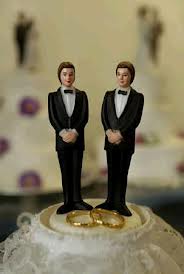Author: Patrick Taylor
Publisher: Reader's Digest (Select Editions)
Place: Australia
Year: 2007
Ever since I fell in love with 'Gone with the Wind' and 'Scarlett' (its sequel), Ireland held an irrevocable romantic charm. The land of the O'Haras is my Wordsworthian England; may be I should have used 'was', the recent events concerning the abortion laws and the death of the Indian born Savita Halappanavar has put me back to the skeptical position of Seamus Heaney.
Story is based on Taylor's own experiences as a doctor in Ireland. Well, I won't put it in the same place of 'The Story of San Michele' (Axel Munthe), but no doubt, it retains some of the fragrance of that rewarding memoir. There are some rough edges for sure, the story is predictable for one, and the ending is also not that satisfying. But there permeates the serene atmosphere of all Irish novels, you will love this for sure.
On completing his medical degree, Dr. Barry Laverty joins as an assistant to Dr. Fingal Flahertie O'Reilly in the Irish countryside of Ballybucklebo which is not even visible in his tourist map. Novel is about his life here and his interactions with the local people with Dr. O'Reilly as the supervisor forms the major chunk. The unconventional doctor proves a little difficult at first, but soon they form a deep friendship. Adding flavour to this is his relationship with Patricia, an engineering student; this life in the green country puts him into different perspectives and he decides to stay there. Ireland has entangled one more with her charm.
Dr. Laverty's story is continued in the four sequels and Taylor wrote a prequel to the novel too in 2011.
Series in order:
An Irish Country Doctor (2007)
An Irish Country Village (2008)
An Irish Country Christmas (October 2008)
An Irish Country Girl (2009)
An Irish Country Courtship (2010)
A Dublin Student Doctor (2011) (prequel)
Dr. Laverty's story is continued in the four sequels and Taylor wrote a prequel to the novel too in 2011.
Series in order:
 |
| Patrick Taylor |
An Irish Country Village (2008)
An Irish Country Christmas (October 2008)
An Irish Country Girl (2009)
An Irish Country Courtship (2010)
A Dublin Student Doctor (2011) (prequel)

















































